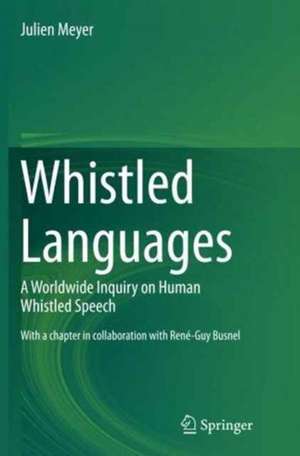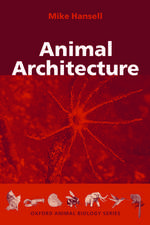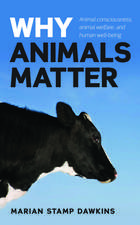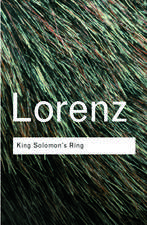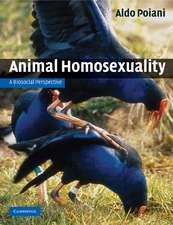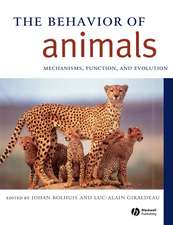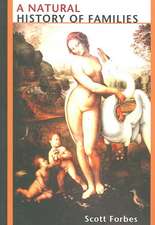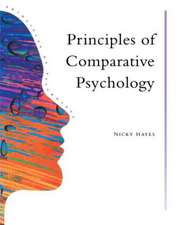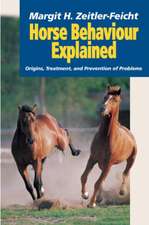Whistled Languages: A Worldwide Inquiry on Human Whistled Speech
Autor Julien Meyeren Limba Engleză Paperback – 17 oct 2016
This book also includes several documents and a chapter prepared in collaboration with René-Guy Busnel, a pioneer in the studies of whistled forms of languages who has worked with five different populations using whistled speech (from the late 60s to the early90s).
The author has been intensively studying this fascinating language practice for the past 12 years, including 30 months of onsite research in collaboration with the cultural representatives of approximately twenty linguistic communities around the world.
Whistled speech represents an ancient traditional telecommunication system that has survived on all inhabited continents of our planet. In it, a whistle replaces the voice and carries the information. However, this practice does not replace ordinary speech but is used in a complementary way. It serves to increase the audible range, but also under certain circumstances, the degree of secrecy of spoken communications.
Whistled speech is adapted to the structure of each language, to specific traditional rural activities such as hunting or shepherding, and to specific ecological milieux. It is today a severely endangered speech register that provides an alternative insight into the nature of human language.
| Toate formatele și edițiile | Preț | Express |
|---|---|---|
| Paperback (1) | 551.99 lei 38-44 zile | |
| Springer Berlin, Heidelberg – 17 oct 2016 | 551.99 lei 38-44 zile | |
| Hardback (1) | 641.53 lei 6-8 săpt. | |
| Springer Berlin, Heidelberg – 30 iun 2015 | 641.53 lei 6-8 săpt. |
Preț: 551.99 lei
Preț vechi: 689.99 lei
-20% Nou
Puncte Express: 828
Preț estimativ în valută:
105.62€ • 110.57$ • 87.40£
105.62€ • 110.57$ • 87.40£
Carte tipărită la comandă
Livrare economică 01-07 aprilie
Preluare comenzi: 021 569.72.76
Specificații
ISBN-13: 9783662507353
ISBN-10: 3662507358
Pagini: 191
Ilustrații: IX, 182 p. 63 illus., 24 illus. in color.
Dimensiuni: 155 x 235 mm
Ediția:Softcover reprint of the original 1st ed. 2015
Editura: Springer Berlin, Heidelberg
Colecția Springer
Locul publicării:Berlin, Heidelberg, Germany
ISBN-10: 3662507358
Pagini: 191
Ilustrații: IX, 182 p. 63 illus., 24 illus. in color.
Dimensiuni: 155 x 235 mm
Ediția:Softcover reprint of the original 1st ed. 2015
Editura: Springer Berlin, Heidelberg
Colecția Springer
Locul publicării:Berlin, Heidelberg, Germany
Cuprins
Introduction.- Historical Sketch.- The Diversity and Landscape Ecology of Whistled Languages.- Whistled Speech and Language Ecology.- Whistle Production and Physics of the Signal.- Acoustic Adaptation to Natural Environments.- Phonetics, Phonology and Typology of Whistled Languages.- Perspectives and Neurocognitive Aspects.- Evolutionary Perspectives.
Textul de pe ultima copertă
The main focus of this monograph on whistled speech is the result of a worldwide inquiry primarily based on the author’s unprecedented fieldwork and laboratory experience. The different questions raised by the origin and the evolution of whistled forms of languages are also explored, including the role of environmental constraints in the emergence of whistled speech, their phonetic and phonological typology, the cognitive processing of whistled signals, monogenesis and polygenesis scenarios, the hypothesis of a whistled system preceding voiced speech, the intricate relationship between music and language in whistling, and the convergence/divergence with whistled communication among animals (birds, dolphins and primates).
This book also includes several documents and a chapter prepared in collaboration with René-Guy Busnel, a pioneer in the studies of whistled forms of languages who has worked with five different populations using whistled speech (from the late 60s to the early90s).
The author has been intensively studying this fascinating language practice for the past 12 years, including 30 months of onsite research in collaboration with the cultural representatives of approximately twenty linguistic communities around the world.
Whistled speech represents an ancient traditional telecommunication system that has survived on all inhabited continents of our planet. In it, a whistle replaces the voice and carries the information. However, this practice does not replace ordinary speech but is used in a complementary way. It serves to increase the audible range, but also under certain circumstances, the degree of secrecy of spoken communications.
Whistled speech is adapted to the structure of each language, to specific traditional rural activities such as hunting or shepherding, and to specific ecological milieux. It is today a severely endangered speech register that provides an alternative insight into the nature of human language.
This book also includes several documents and a chapter prepared in collaboration with René-Guy Busnel, a pioneer in the studies of whistled forms of languages who has worked with five different populations using whistled speech (from the late 60s to the early90s).
The author has been intensively studying this fascinating language practice for the past 12 years, including 30 months of onsite research in collaboration with the cultural representatives of approximately twenty linguistic communities around the world.
Whistled speech represents an ancient traditional telecommunication system that has survived on all inhabited continents of our planet. In it, a whistle replaces the voice and carries the information. However, this practice does not replace ordinary speech but is used in a complementary way. It serves to increase the audible range, but also under certain circumstances, the degree of secrecy of spoken communications.
Whistled speech is adapted to the structure of each language, to specific traditional rural activities such as hunting or shepherding, and to specific ecological milieux. It is today a severely endangered speech register that provides an alternative insight into the nature of human language.
Caracteristici
Timely and comprehensive book on whistled languages Shows the interests of whistled languages for various other domains than sciences of language, such as bio-acoustics, ecology, telecommunication, musicology (singing mode of whistled speech), musical acoustics, neuroscience and psycholinguistics, anthropology, semiotics The authors present their original methodology of documentation, analysis and description Includes supplementary material: sn.pub/extras
